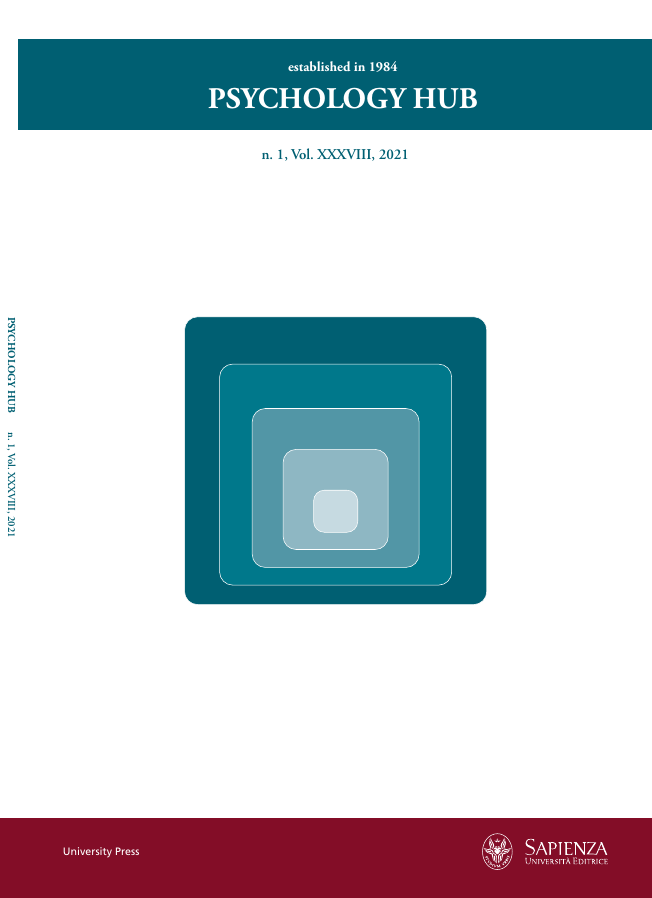Assessing Guilt in Adolescents According to Control-Mastery Theory: Preliminary Validation Data for the Interpersonal Guilt Rating Scale-15 for Adolescents (IGRS-15-ad)
DOI:
https://doi.org/10.13133/2724-2943/17432Keywords:
guilt, adolescence, assessment, Control-Mastery Theory, IGRS-15-adAbstract
Introduction: The aim of this study is to introduce the Interpersonal Guilt Rating Scale-15 self-report (IGRS-15s) in a sample of adolescents; this scale is a brief self-report tool assessing interpersonal guilt as conceived of in Control-Mastery Theory (CMT; Weiss, 1993), and to assess its psychometric properties.
Methods: The IGRS-15 self-report (IGRS-15-s; Gazzillo et al., 2018) was constructed based on CMT literature on guilt and on the authors’ clinical experiences, has already been validated in adult samples and slightly modified for its use with adolescents. The sample of adolescents in this study was composed of 238 high-school students whose ages ranged from 12 to 21 years. In order to verify the factor structure of the tool, we performed a confirmatory factor analysis. We subsequently calculated the validity of the measure with Spearman Rho correlation coefficients between IGRS-15s factors and the other measures: the Interpersonal Guilt Questionnaire-67 (IGQ-67; O’Connor, Berry, Weiss, Bush & Sampson, 1997), the Basic Empathy Scale (BES; Jolliffe & Farrington, 2006), and the Rosenberg’ Self-esteem Scale (RSE; Rosenberg, 1965).
Results: The data collected support the internal consistency, as well as the concurrent and discriminant validity of the IGRS-15s for adolescents.
Conclusion: This paper represents a first step toward the validation of the IGRS-15s for the assessment of interpersonal guilt in adolescence and provides clinicians with an empirically validated tool which may support them in their clinical work
Published
How to Cite
Issue
Section
License
Copyright (c) 2021 Psychology Hub

This work is licensed under a Creative Commons Attribution-NonCommercial-ShareAlike 4.0 International License.





